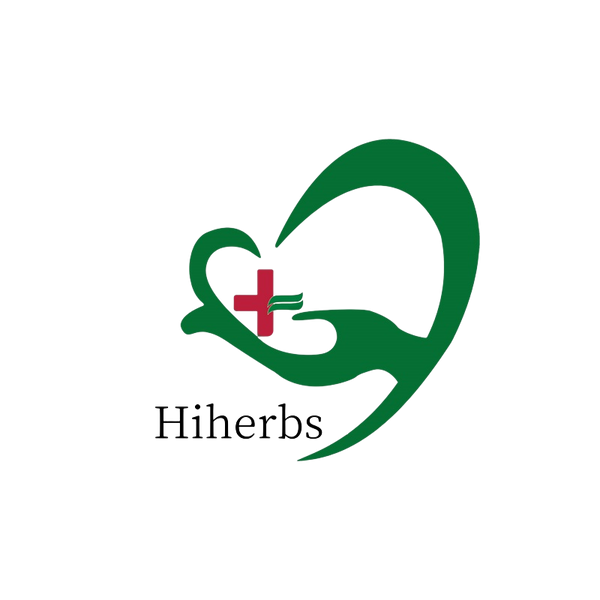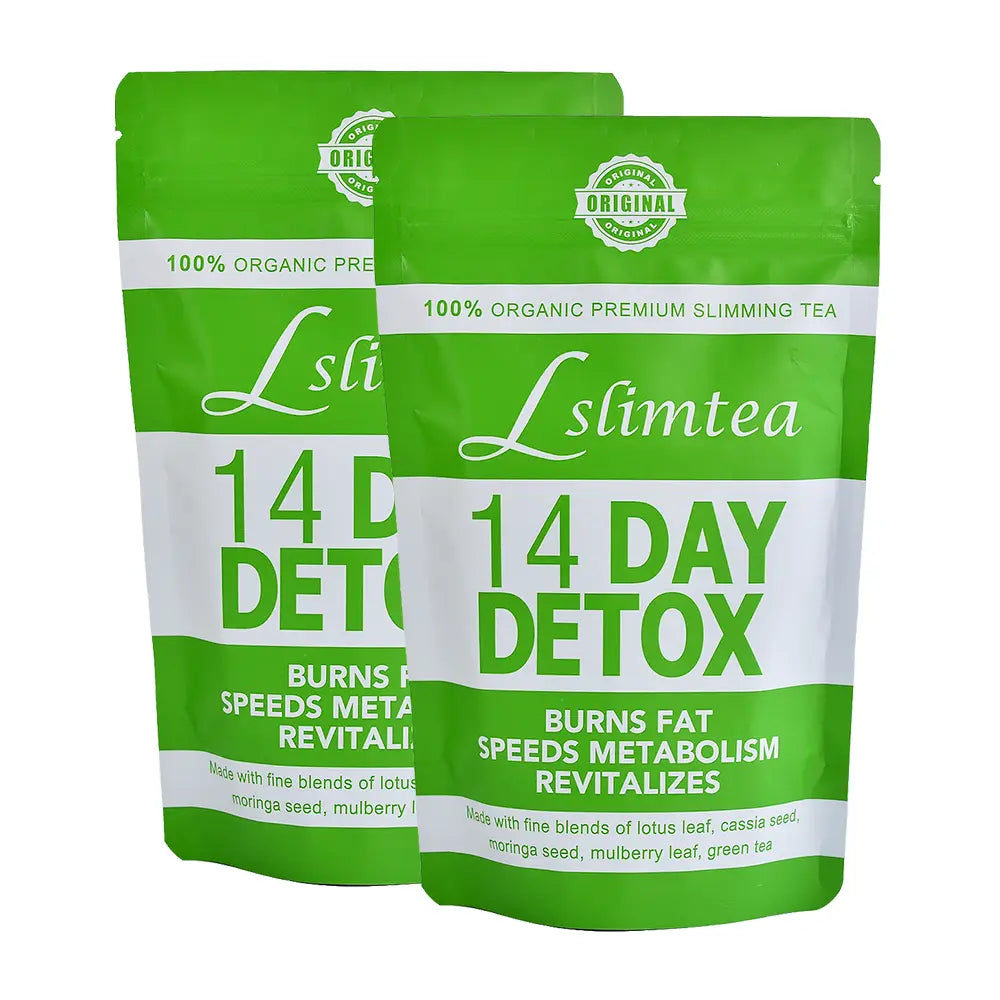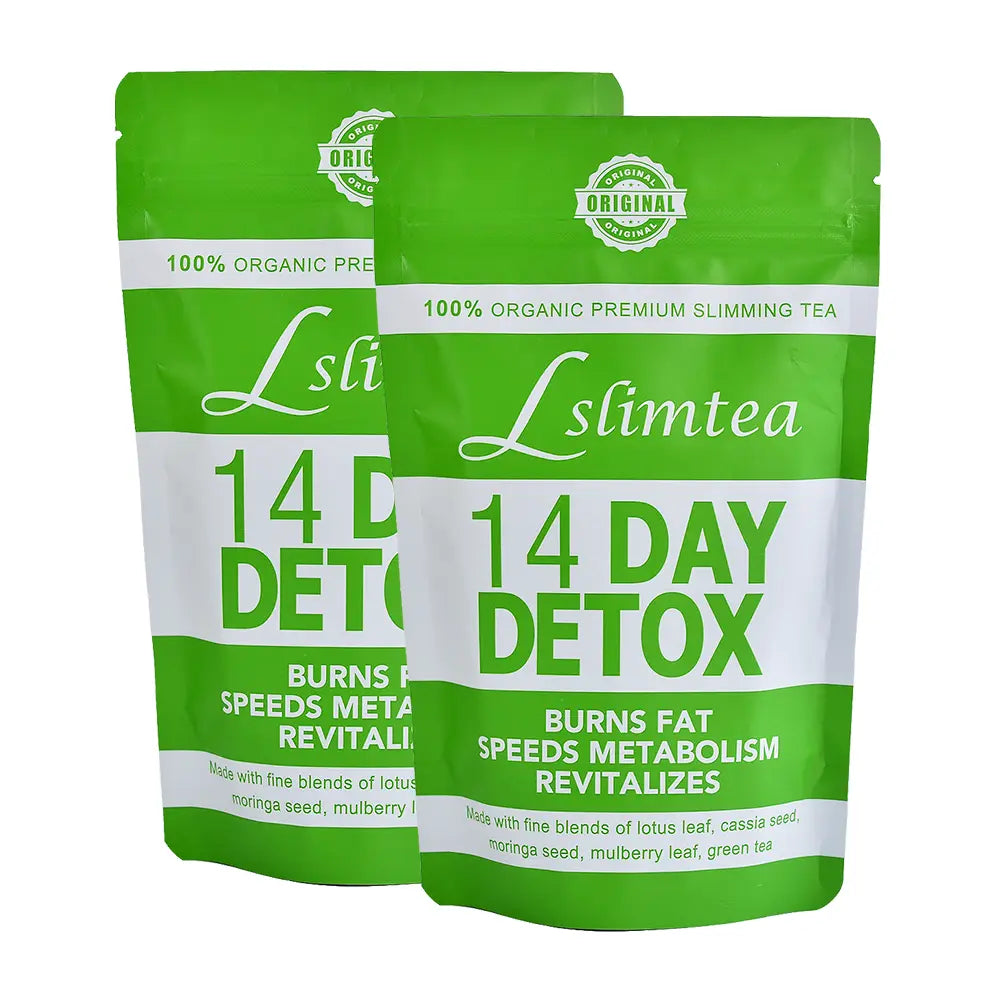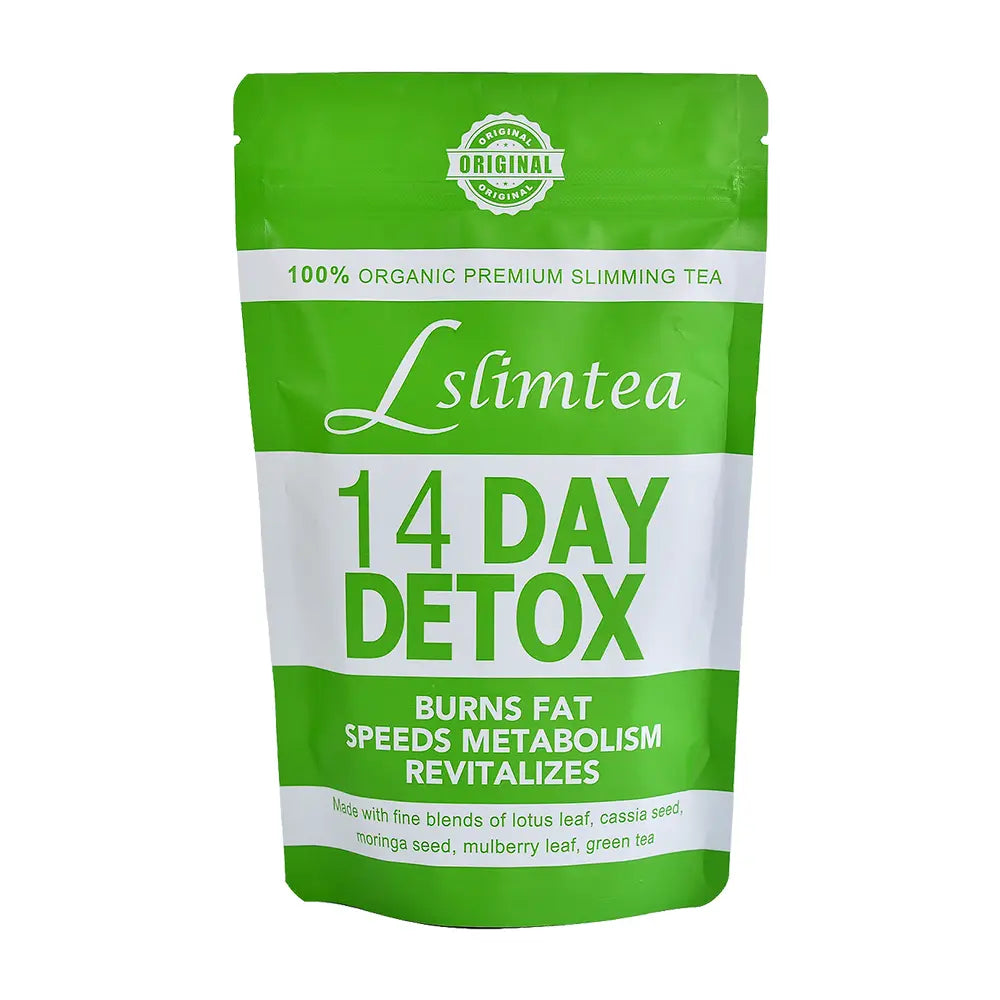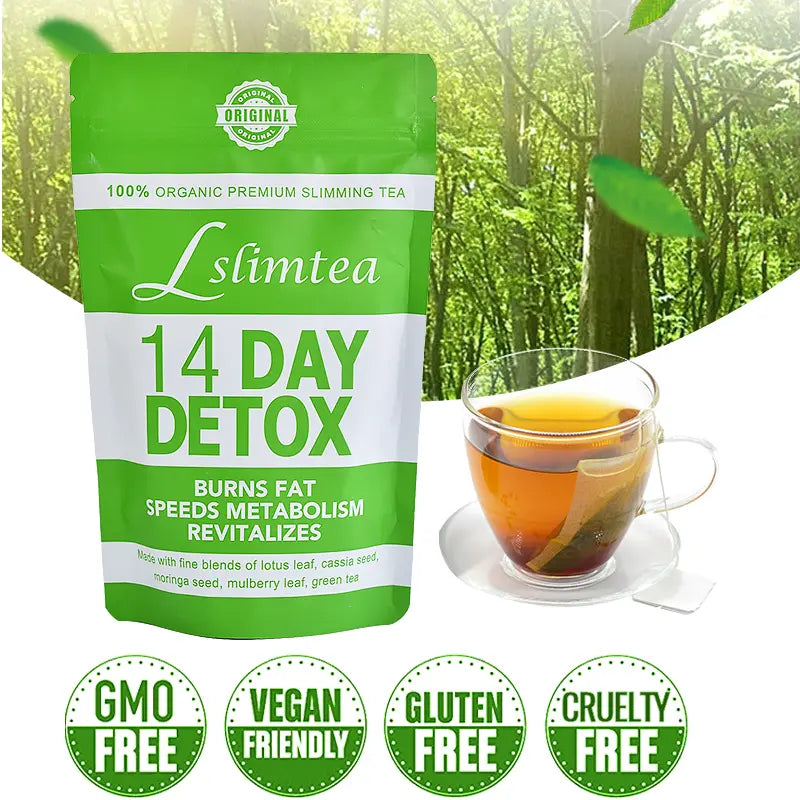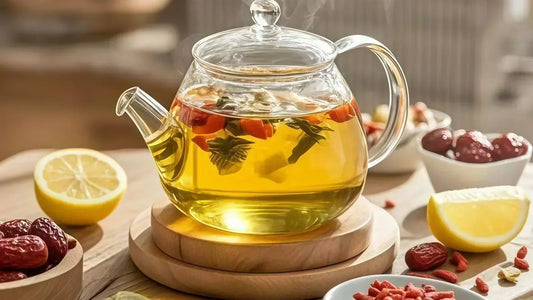Is "Health Tea" Herbal Medicine? Unpacking Their Relationship
HiherbsOfficial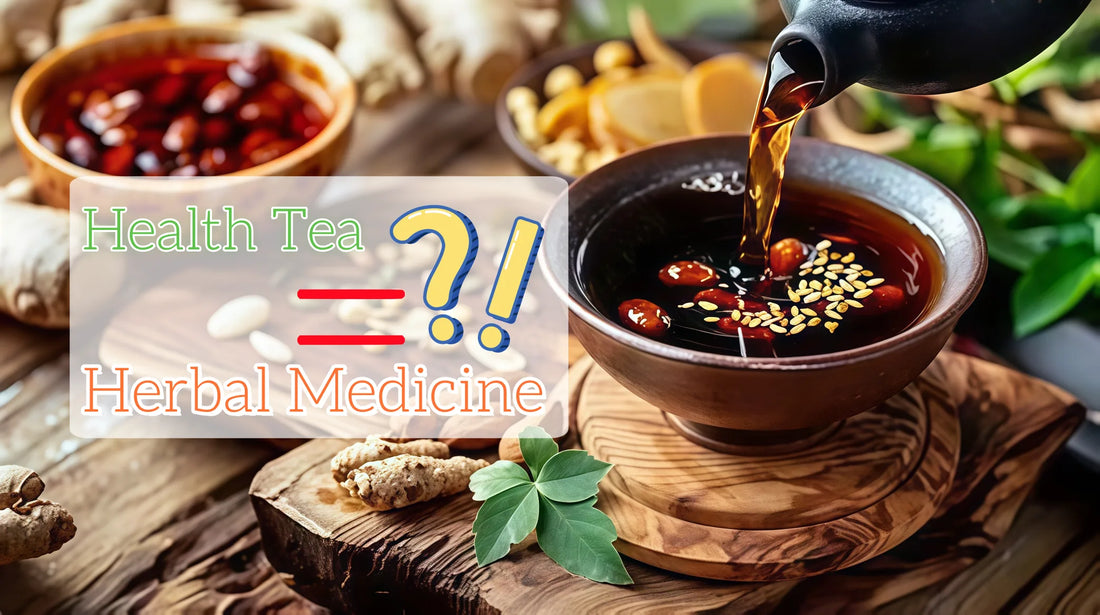
Share
Do you start your mornings with a fragrant cup of herbal tea? Perhaps it's chamomile to help you unwind, peppermint to ease indigestion after a meal, or ginger tea to bring a soothing warmth. These drinks, often collectively called "health teas", have become an indispensable part of our daily wellness routines. They're easy to brew, pleasant to drink, and always bring a sense of "taking care of yourself."

But have you ever paused to consider the connection between the seemingly simple "health tea" in your hand and the "Chinese herbal medicine" with thousands of years of tradition? Are they completely different things, or do they share a common lineage? Today, let's dive into this "tea" and "medicine" dialogue, unveil their mysterious relationship, and help you make wiser choices when it comes to the health power in your cup.
Understanding "Health Tea"
When we talk about "health tea", we generally refer to mixed herbal teabags that users can easily brew using various parts of plants like flowers, leaves, roots, and seeds. They aren't aimed at specific diseases but rather at providing daily wellness support. For example, peppermint tea can help refresh the mind and alleviate indigestion; ginger tea can warm the stomach, dispel cold, and help resist colds; while chrysanthemum tea has properties that clear heat, improve vision, and relieve fatigue. Consumers favor health teas because they are convenient, diverse in flavor, and widely considered a healthier everyday alternative to coffee or carbonated drinks. Their benefits are often mild and gradual, focusing more on daily comfort and maintenance rather than strong therapeutic effects.

What is "Chinese Herbal Medicine"?
The "Chinese herbal medicine" mentioned in the ancient Chinese medical system extends far beyond just single herbs. It's a crucial part of a vast and rigorous medical system. Chinese herbal medicine refers to various medicinal substances, guided by traditional Chinese medicine theory, used for preventing, treating diseases, and regulating the body. Its sources are broad, covering plants, animals, and minerals. Its core characteristics include:

Profound Theoretical Foundation: The application of Chinese herbal medicine is inseparable from TCM's unique theoretical system, such as Yin-Yang and Five Elements, Zang-Fu Organs and Meridians, and Qi, Blood, and Body Fluids. The nature and flavor (Siqi Wuwei) of each herb (e.g., "cold, hot, warm, and cool" properties and "sour, bitter, sweet, pungent, and salty" flavors) are determined under the guidance of these theories.
Differentiated Diagnosis and Treatment: TCM emphasizes Syndrome Differentiation and Treatment, which means a personalized Chinese herbal formula is tailored after a comprehensive analysis of the patient's individual constitution, symptoms, etiology, etc., forming a specific "syndrome pattern." This makes each person's prescription potentially different, truly achieving "one prescription per person."

Rigorous Formulation: Chinese herbal formulas rarely use a single herb. Chinese medicine practitioners follow the principle of "Chief, Deputy, Assistant, Envoy" to scientifically combine multiple herbs, aiming to enhance synergistic effects, minimize side effects, and provide comprehensive regulation. This complex and sophisticated formulation is key to the unique efficacy of Chinese herbal medicine.

Diverse Sources: Chinese herbal medicine is not limited to plants. For example, commonly used animal-derived medicinals include deer antler and Scorpion; mineral-derived medicinals include lodestone and cinnabar. They all play important roles in treating specific conditions.
The Relationship Between Health Tea and Chinese Herbal Medicine
They can be described as members of the same family, sharing a common root, but with significant differences in "depth" and "professionalism."
Their Shared a Common Origin
Derived from Nature, Utilizing Plant Energy: Both health teas and Chinese herbal medicine draw their essence from nature, using the inherent properties of herbs (and even animals, minerals) to influence the human body. This represents humanity's oldest healing wisdom.
Rich in Bioactive Compounds: The vast majority of herbs contain bioactive compounds beneficial to the human body, forming the material basis for their health or medicinal effects.
Cultural Heritage of "Medicine and Food Homology": In traditional Chinese culture, "Medicine and Food Homology" is a core concept. Many commonly consumed plants, such as ginger, scallion, red dates, and yam, are also important Chinese medicinal herbs. Health tea is a vivid embodiment of this concept; it blurs the line between food and medicine, emphasizing the idea of achieving wellness through daily diet.

Fundamental Differences in Depth
Systematicity and Professionalism: Chinese herbal medicine is a complete medical system built on thousands of years of practice and theoretical accumulation, requiring professional TCM diagnosis and guidance for its application. Health tea, however, is more about the singular or limited effects of herbs, falling within the scope of daily wellness and lacking systematic diagnostic basis.
Personalization vs. Universality: Chinese herbal formulas are highly personalized; the selection, dosage, and combination of each herb are tailored to the patient's specific constitution and "syndrome pattern". Health teas, however, mostly use universal formulas designed to meet general wellness needs and cannot achieve precise individualized conditioning.
Rigorousness of Formulation: The formulation of Chinese herbal medicine is the essence of TCM art, following the "Chief, Deputy, Assistant, Envoy" principle to achieve synergistic effects and reduce toxicity through multi-herb combinations. Health tea formulations are relatively simpler, usually a straightforward mix of a few herbs, with limited synergistic effects.
Dosage and Efficacy Precision: The dosage and preparation methods of Chinese herbal medicine are strictly regulated to achieve precise therapeutic effects. Health tea dosages are more casual, and their efficacy is milder, making them unlikely to achieve therapeutic goals for diseases.
Regulation and Safety Considerations: In many countries, Chinese herbal medicine (especially when used as prescription drugs) is strictly regulated as medicine, with clear standards for production, sales, and use. However, most health teas are sold as food or dietary supplements, with relatively lenient regulation, which can lead to inconsistent quality and unclear ingredients.
Potential Risks and Interactions: Any herb has its "nature and flavor," and improper use can carry risks. Without professional guidance, long-term or excessive consumption of certain health teas may lead to the accumulation of certain active substances in the body, causing side effects or even interacting with other medications being taken.
Blind Spots of Health Tea and Safety Reminders for Use
While health teas are a good choice for daily wellness, some critical details are often overlooked while enjoying their benefits, which can lead to potential risks.
Blurred Line Between "Treatment" and "Wellness"
Many people misunderstand the wellness benefits of health teas as therapeutic effects, especially when feeling unwell. Blindly relying on health teas instead of seeking timely medical attention can delay proper treatment. Health tea's role is as a daily supplement, not a treatment for diseases.
Beware of Unclear Dosages and Chronic Overuse
Even seemingly mild herbs have genuine "medicinal properties." If you consume certain health teas with unclear ingredients or formulations heavily and over a long period, certain active substances might accumulate in your body, causing side effects or even putting a strain on your liver and kidney functions.
Focus on Quality and Traceability
The market has many health tea brands, with varying quality. The growing environment, harvesting, processing, and storage of herbal raw materials can all affect their quality, purity, and safety. Consumers should try to choose reputable brands with clear ingredient lists and quality certifications.
Individual Differences and Potential Interactions
Each person's constitution is unique, and their reaction to herbs also varies. Furthermore, active ingredients in herbal teas might interact with Western medications you're taking (e.g., anticoagulants, blood pressure medications), affecting drug efficacy or increasing side effects.
The Indispensability of Professional Consultation
For special populations like those with chronic diseases, pregnant or breastfeeding women, children, or the elderly, it's essential to consult a professional doctor or TCM practitioner before drinking any herbal tea. Don't blindly try remedies based on partial knowledge or advertising.
Conclusion
In summary, "health tea" indeed holds health potential. We can view it as a simple "herbal medicine" for everyone's health balance, but it lacks the "one prescription per person" principle of formal Chinese herbal medicine. It can be used as a health supplement but not as a treatment plan. It's not strictly "Chinese herbal medicine" in the traditional sense, yet its essence is rooted in the same origins, both utilizing the power of nature to regulate the body and mind. We must also clearly recognize that there's a huge difference in professionalism and systematicity between a casual "health tea" and a Chinese herbal formula prescribed by an experienced TCM practitioner based on your specific constitution and syndrome. The latter is built upon rigorous Syndrome Differentiation and Treatment, precise dosage formulations, and thousands of years of clinical experience, aiming for deep regulation and root-cause treatment.
On your journey toward health, we encourage you to enjoy the comfort and benefits that health teas offer, but also to maintain a rational and scientific attitude. Make wise choices, understand what you're drinking, and remember that your health deserves the most professional care. Let ancient wisdom and modern science safeguard you, so health can truly accompany you.
Glossary of TCM Terms
Health Tea (养生茶 - Yǎngshēng Chá): A general term for mixed herbal teas, usually in teabag form, brewed for daily wellness and mild health benefits.
Chinese Herbal Medicine (中药 - Zhōngyào): Medicinal substances (plants, animals, minerals) used within the framework of Traditional Chinese Medicine for the prevention, treatment, and regulation of health, based on complex theories and personalized diagnoses.
Yin-Yang and Five Elements (阴阳五行 - Yīnyáng Wǔxíng): Fundamental philosophical concepts in TCM. Yin and Yang represent complementary opposing forces whose balance is essential for health. The Five Elements (Wood, Fire, Earth, Metal, Water) explain physiological processes and pathological relationships.
Zang-Fu Organs and Meridians (脏腑经络 - Zàngfǔ Jīngluò):
Zang-Fu Organs (脏腑): In TCM, refers to the functional entities of the body (e.g., Liver, Heart, Spleen, Lung, Kidney) rather than just anatomical organs, along with their associated hollow organs.
Meridians (经络): Invisible channels or pathways through which Qi (vital energy) and Blood flow, connecting the Zang-Fu organs and other body parts.
Qi, Blood, and Body Fluids (气血津液 - Qì Xuè Jīnyè): The fundamental substances that constitute the human body and maintain its life activities in TCM. Qi is vital energy, Blood nourishes, and Body Fluids moisten.
Nature and Flavor (性味归经 - Xìngwèi Guījīng): A classification system for Chinese herbs based on their energetic properties (Four Natures: cold, cool, warm, hot) and tastes (Five Flavors: pungent, sweet, sour, bitter, salty), which indicate their therapeutic actions and which meridians/organs they primarily affect.
Syndrome Differentiation and Treatment (辨证论治 - Biànzhèng Lùnzhì): The core diagnostic and therapeutic approach in TCM. It involves analyzing a patient's specific symptoms and signs to determine their unique "syndrome pattern" (or "Zheng," 证型), and then formulating a highly personalized treatment plan based on that pattern.
Chinese Herbal Formula (中药配方 - Zhōngyào Pèifāng): A specific combination of multiple Chinese medicinal herbs, carefully selected and proportioned by a practitioner based on a patient's syndrome pattern, following principles like "Chief, Deputy, Assistant, Envoy" to achieve synergistic effects and reduce side effects.
One Prescription Per Person (一人一方 - Yī Rén Yī Fāng): A common phrase in TCM emphasizing the highly individualized nature of treatment, where prescriptions are tailored to each patient's unique condition rather than being a standardized remedy.
Chief, Deputy, Assistant, Envoy (君臣佐使 - Jūn Chén Zuǒ Shǐ): A principle for combining herbs in a Chinese herbal formula. Each herb plays a specific role: "Chief" is the main herb addressing the primary issue; "Deputy" supports the chief or treats co-existing symptoms; "Assistant" minimizes side effects or reinforces chief/deputy; "Envoy" guides the action to specific areas or harmonizes the formula.
Medicine and Food Homology (药食同源 - Yào Shí Tóng Yuán): A concept in Chinese culture and TCM that indicates many substances are both food and medicine, blurring the lines between them. It suggests that proper dietary choices can also serve therapeutic and preventive functions.
Syndrome Pattern (证型 - Zhèngxíng): In TCM, a comprehensive diagnosis based on a patient's collected symptoms and signs, reflecting the underlying disharmony or imbalance in the body's Qi, Blood, Yin, Yang, and Zang-Fu organs. Treatments are prescribed based on these patterns.
